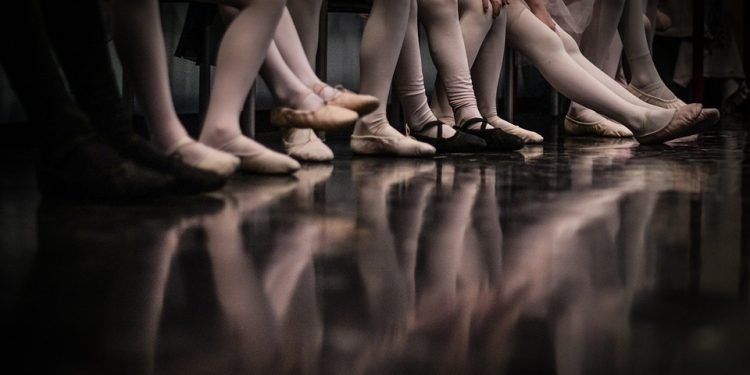Dance has been a form of expression and celebration for centuries, but it also has numerous healing benefits for both the body and mind. From improving mood to reducing stress and anxiety, the act of moving to music can have profound effects on mental health.
One of the main benefits of dance on mental health is its ability to release endorphins, often referred to as the “feel-good” hormones. When we engage in physical activity, the body releases endorphins, which can reduce feelings of pain and boost overall mood. Dance, with its combination of music and movement, can be a particularly effective way to encourage the release of these hormones.
In addition to the physiological benefits, dance also provides a creative outlet for individuals to express their emotions. Through movement and expression, people can release pent-up feelings and experiences, which can be incredibly therapeutic. Dance allows individuals to tap into their emotions and express themselves in a way that may not be possible through words alone.
Furthermore, dance can also improve self-esteem and self-confidence. As individuals learn new dance moves and improve their technique, they gain a sense of accomplishment and pride. This can be especially beneficial for those struggling with mental health issues, as it helps to boost self-esteem and promote a positive self-image.
Dance also provides an opportunity for social interaction, which is crucial for mental well-being. Whether it’s through group classes, dance parties, or performances, engaging in dance can help individuals connect with others and foster a sense of community. This social connection can reduce feelings of isolation and loneliness, and provide a support system for those dealing with mental health challenges.
Moreover, dance can serve as a form of meditation and mindfulness. When individuals immerse themselves in the rhythm and movement of dance, they are able to focus on the present moment and let go of stress and worries. This can be particularly beneficial for those dealing with anxiety or depression, as it provides a break from negative thought patterns and allows for a sense of calm and relaxation.
Overall, the healing benefits of dance on mental health are numerous. From releasing endorphins to providing a creative outlet, boosting self-esteem, and fostering social connections, dance has the power to improve overall well-being. Whether it’s through formal dance classes, or simply dancing in the comfort of one’s own home, incorporating dance into one’s routine can have a positive impact on mental health. So why not put on some music and dance your way to better mental health?








Discussion about this post